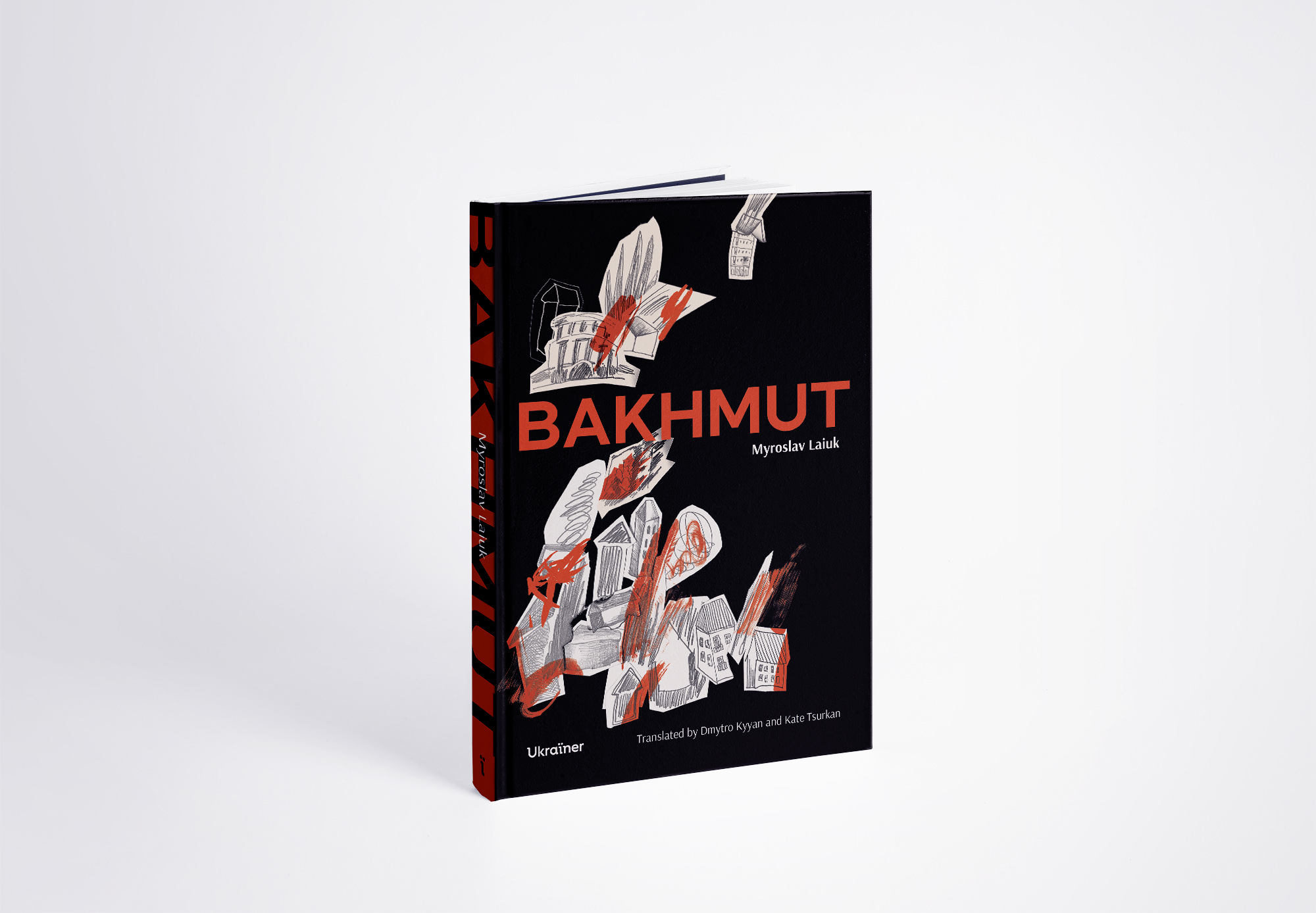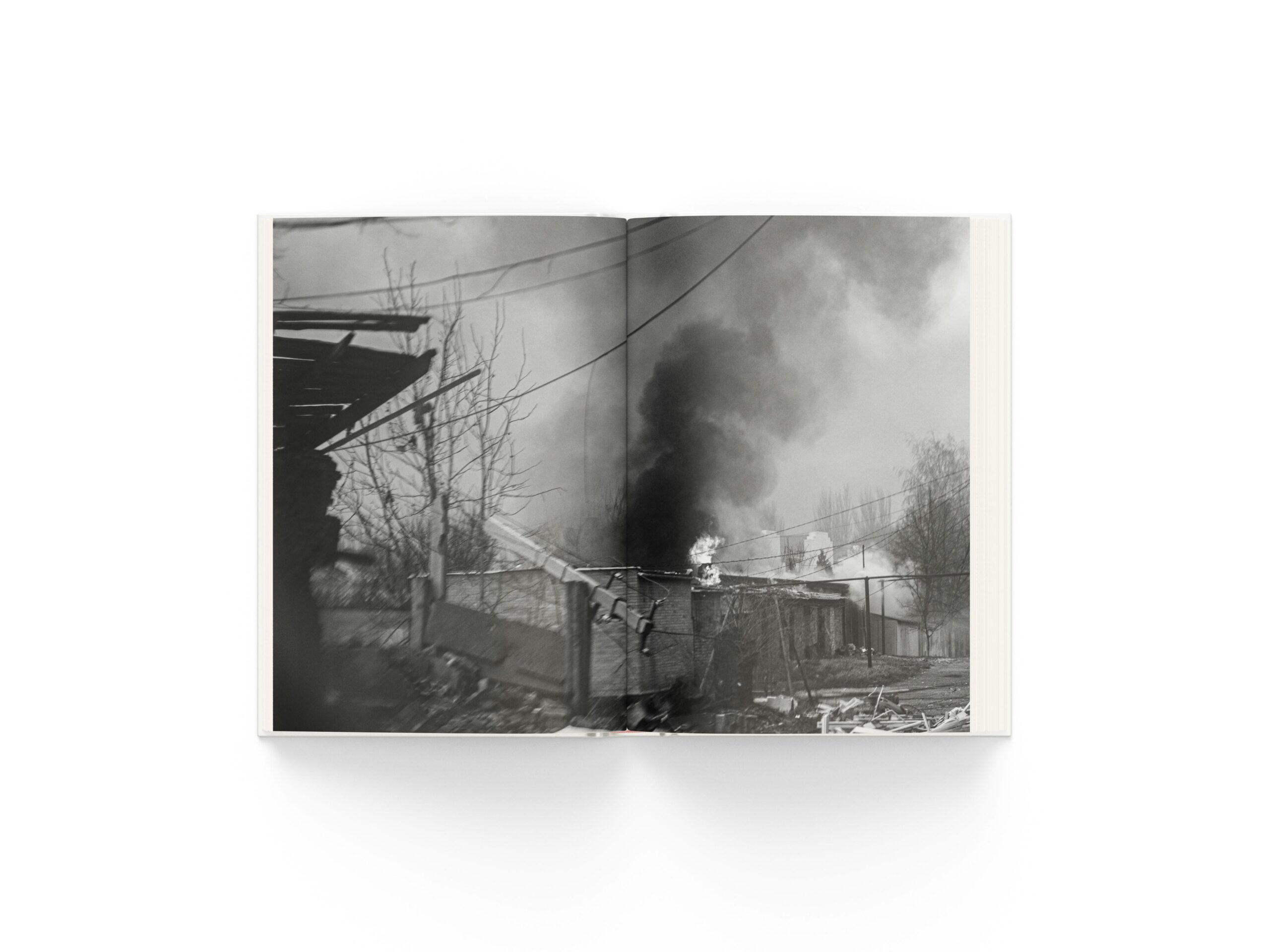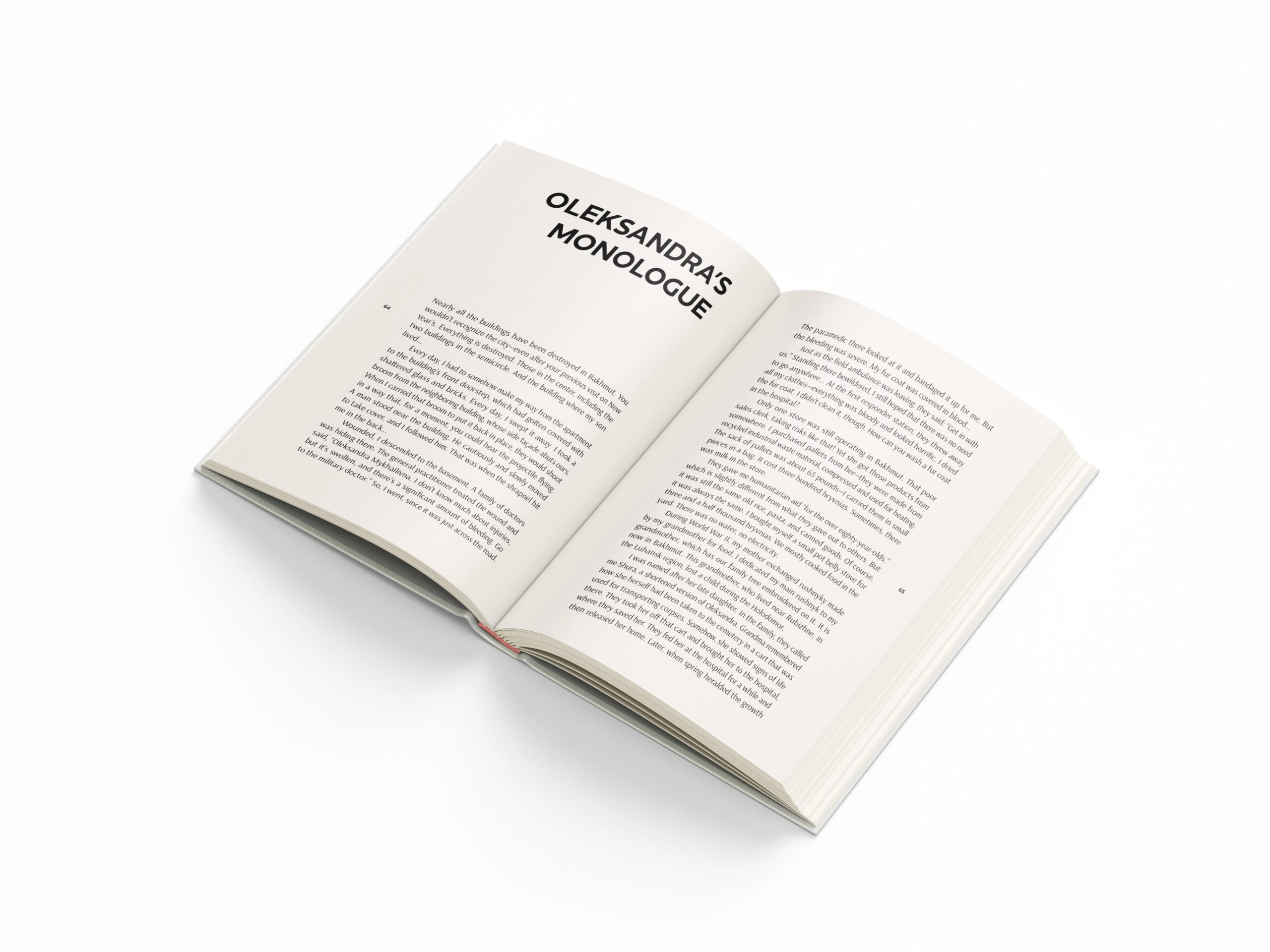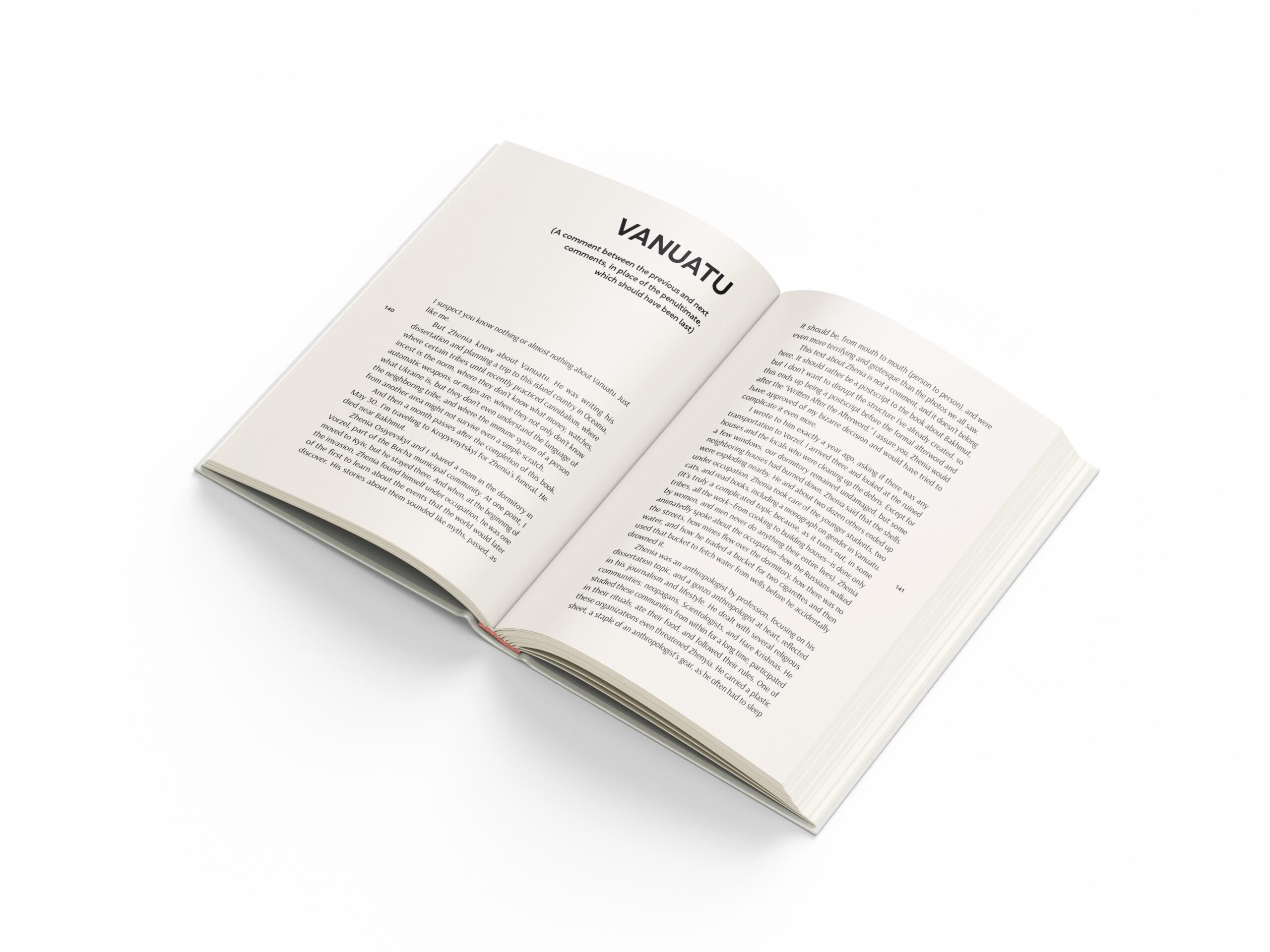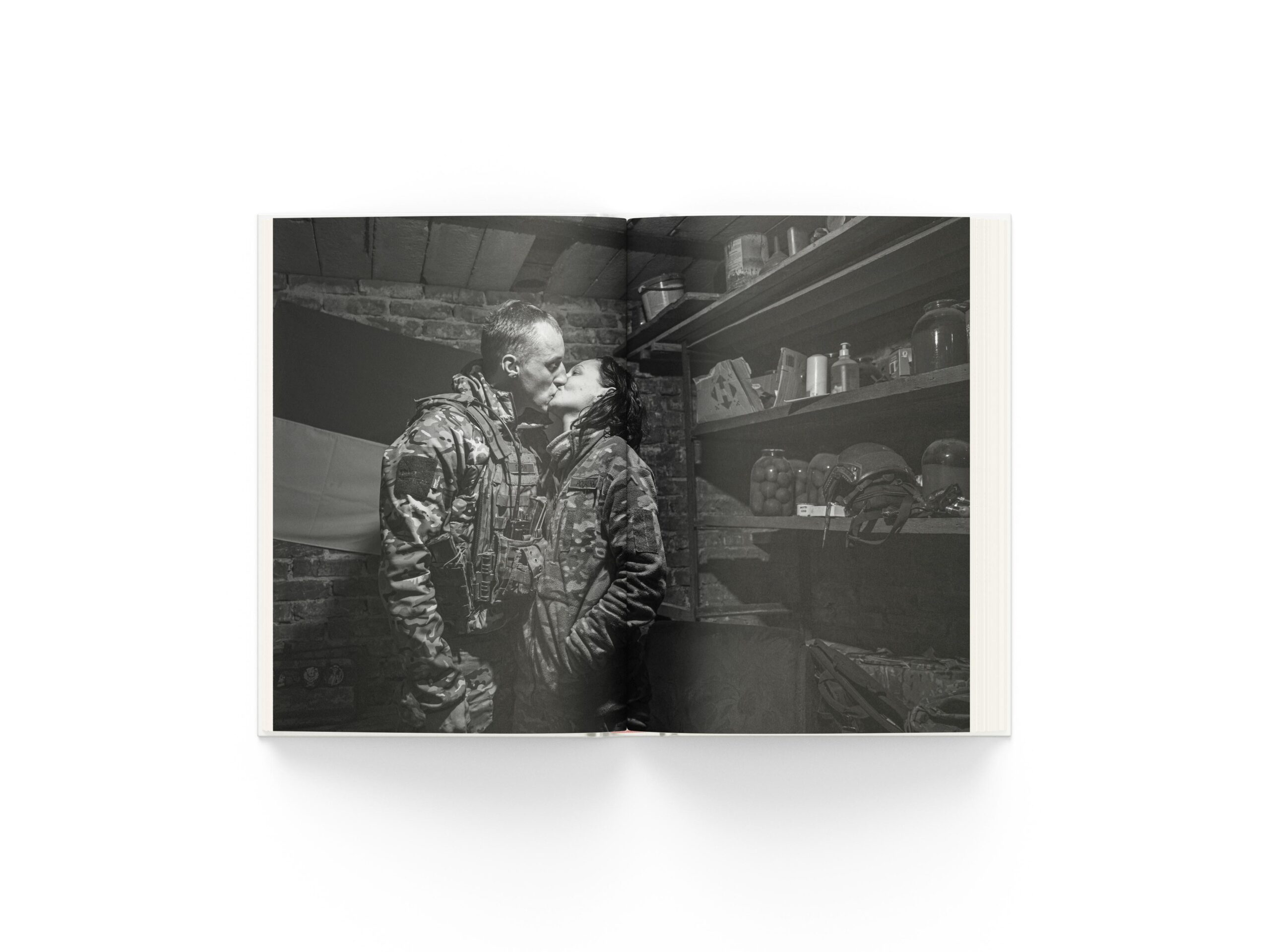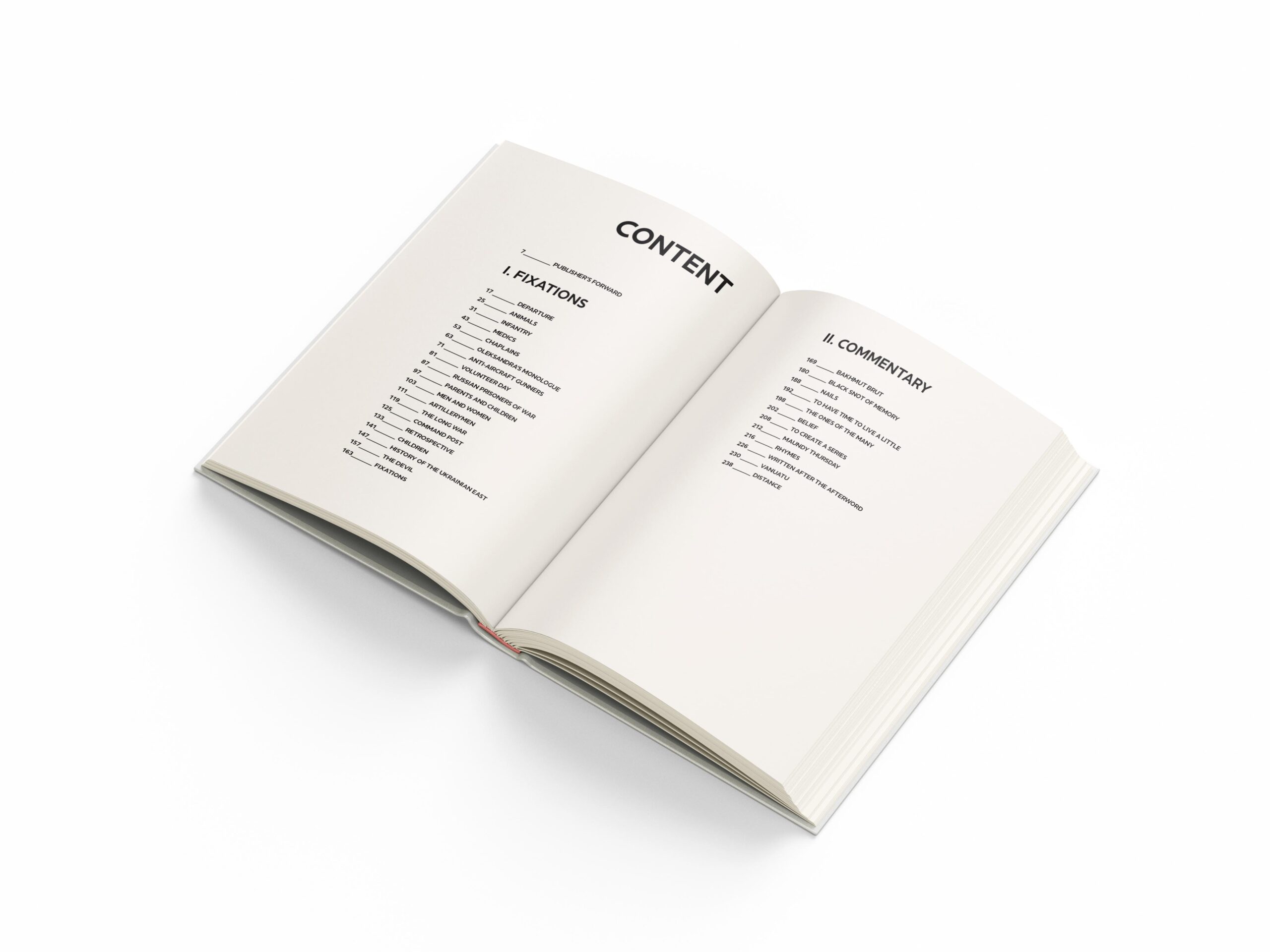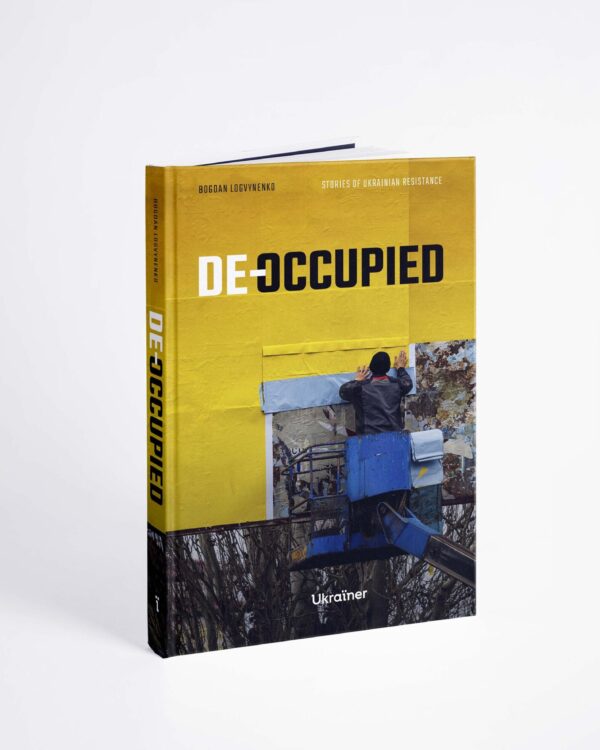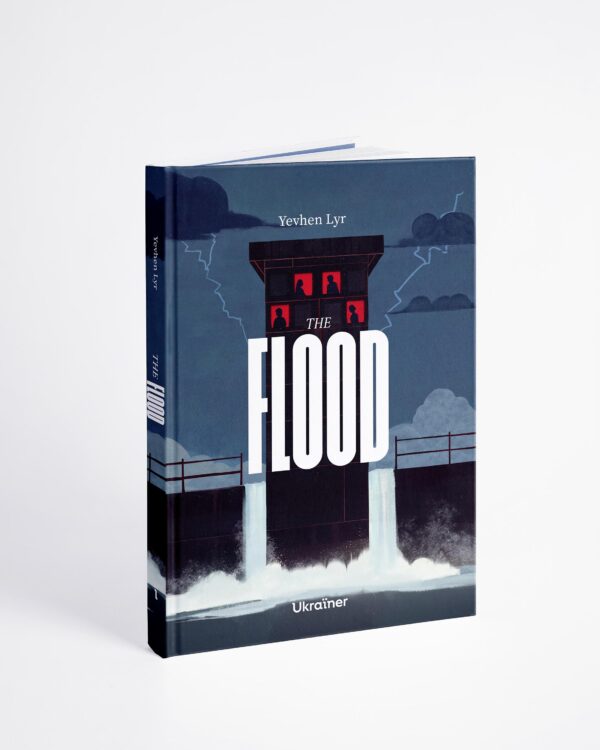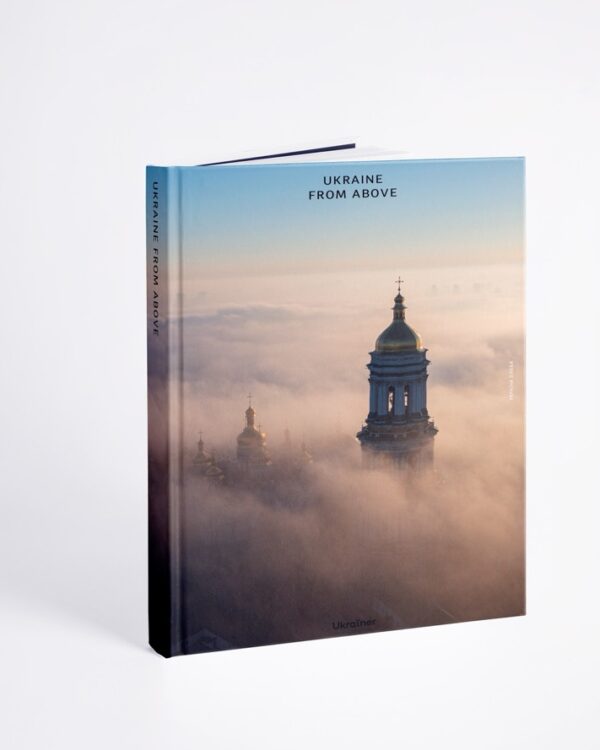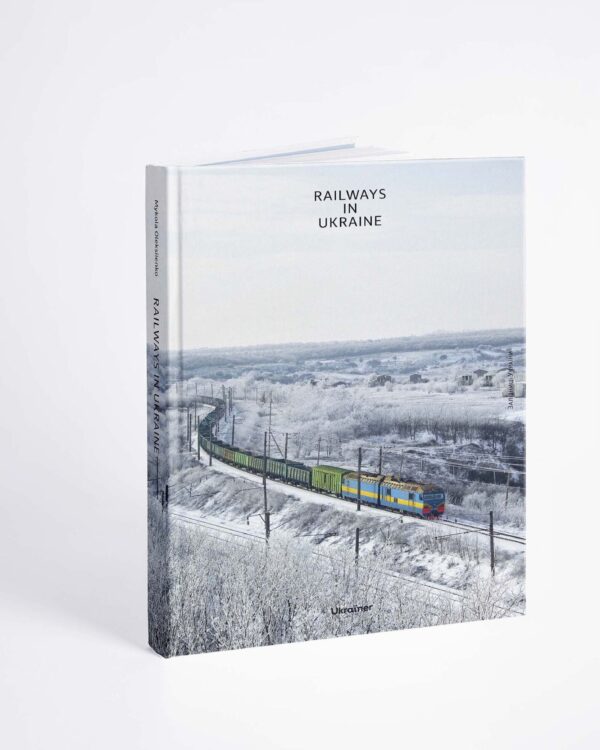Description
The city of Bakhmut has become one of the most widely reported and symbolically charged locations in Ukraine since the start of Russia’s invasion. This book brings its people into focus — documenting their daily lives, thoughts, and values during the full-scale war.
Bakhmut was written during the fiercest battles for the city in early 2023, when writer and war documentarian Myroslav Laiuk, together with photojournalist Danylo Pavlov, spent days and nights alongside Ukrainian infantry and artillery units, medics and chaplains, rescue workers and children — both within the city itself and on its outskirts.
This book is divided into two parts: it includes literary reportages documenting the daily realities of soldiers and civilians in and around Bakhmut, as well as essays that situate these events into a broader context of Ukraine’s struggle to define its past and future under continuous threats from Russian colonizers and occupiers.
Laiuk explores the question of Ukrainian identity in the East, capturing what it means to survive and resist as your city is being destroyed. He roots memory in people and places, creating a living thread between historical traumas and present violence, drawing on testimonies of both elderly survivors of the Holodomor and World War II, among other atrocities, and young people who are redefining what it means to be Ukrainian.
Bakhmut was awarded the George Shevelov Prize (2024) and shortlisted by BBC Book of the Year Award (2024), two of the most distinguished recognitions in literature in Ukraine. It was also shortlisted by Peterson Literary Prize (2024).
Reviews
Bakhmut is a very difficult read. I had to stop every few pages. This book is a record of unfathomable loss, trauma and grief. The Ukrainian people have been fighting for their dignity and independence, not only in the recent years but for centuries. Bakhmut demonstrates, in the present tense, what that fight actually entails. It shows how Russian colonialist aggression is destroying a culture and is murdering real human beings. It also reveals the true meaning of survival and resilience. The war must end now. Glory to Ukraine!
Bora Chung
It is a journey to places where dogs devour humans, where the intensity of fear and desolation leaves you paralyzed — but also where valor, resilience, and even love endure. And then there’s the strange clarity, as though seeing the world through new glasses, Laiuk writes.
And it is exactly what this is — these little snippets, or droplets, connected loosely by its heroes and heroines, but very closely knitted together by the war. Deeply touching testimony about the little treasures of humanity in the days when absolutely everything is at stake — in the days of war which strips humans to the naked bottoms of their souls. And oh, isn’t it a splendid sight?!
Bianca Bellová
Bio
Myroslav Laiuk (born in 1990 in the Carpathians) is a Ukrainian writer, war documentarian, and lecturer based in Kyiv. He holds a PhD in philosophy and literature and teaches at the National University of Kyiv-Mohyla Academy. Since the start of the full-scale Russian invasion, Laiuk has worked on the frontlines and in de-occupied territories, documenting the war through reportage and literary essays.
His dispatches from the Donetsk, Kharkiv, Kherson, and Zaporizhzhia regions have appeared in Ukrainian, Polish, Hungarian, Czech, and American outlets, including Gazeta Wyborcza, Eurozine, LitHub, Reporters, and the Los Angeles Review of Books. His poetry and fiction, translated into English, have been published in The Dial, The New Statesman, Agenda, Common Knowledge, and Poetry International.
Laiuk is the author of three novels and three poetry collections, with his work translated and published in Poland, Slovakia, Lithuania, and Belarus. In 2018, Kyiv Post named him one of Ukraine’s most innovative young voices in its “Top 30 Under 30” list.
Photographer bio
Danylo Pavlov (born in 1988 in Uzhhorod) is a Ukrainian documentary photographer, photo editor at Reporters, and photographer with The Ukrainians based in Kyiv.
Since Russia’s full-scale invasion of Ukraine in 2022, Pavlov has focused on capturing de-occupied territories and the Ukrainian army. His images have reached audiences around the world: of fishermen from the Kyiv Sea who’ve rescued people from occupation, or of a dog clinging to its rescuer’s leg in the Kherson region after the dam explosion.
Pavlov was awarded for documenting the work of the State Emergency Service of Ukraine during wartime. Throughout his career, he has collaborated with The Washington Post, Forbes Ukraine, Local History, and other publications. The photographer is dedicated to documenting Russian war crimes and believes in the powerful combination of literary reportage and photography.
Translators’ bios
Dmytro Kyyan is a Ukrainian-American writer, editor, and translator from Kharkiv. From the 1990s to the early aughts he was the editor-in-chief of Foto & Video Magazine and under his direction, it became the leading publication in photography throughout Eastern Europe. His co-translation of Oleh Sentsov’s Diary of a Hunger Striker was published by Deep Vellum in 2024.
Kate Tsurkan is a writer, editor, and translator. Her work has appeared in The New Yorker, Vanity Fair, Harpers, The Los Angeles Review of Books, The Washington Post, The Guardian, and elsewhere. She is a reporter writing mostly about culture-related topics for The Kyiv Independent.
